SS #5: Balancing Work and Wonder (with Ravi Jain)
In this episode, Pam and Brandy have a great conversation with Ravi Jain, co-author of The Liberal Arts Tradition, on the subject of balancing work with wonder. How do both of those fit together? What happens when our students seem to have lost the wonder? What if we seem to have lost the wonder? Ravi had some great thoughts on this.
We also discussed piety in our Nitty Gritty Homeschool question. In The Liberal Arts Tradition, we’re told that piety is the foundation of learning. What are some practical ways to nurture and build it? We discuss all these questions and more in today’s episode!
Listen to the podcast:
TUNE IN:
Apple Podcasts | Spotify | Stitcher
Work and Wonder Go Together
Today’s Hosts and Guest

Today’s Guest: Ravi Jain
Ravi Jain, one of the authors of The Liberal Arts Tradition is a Graduate of Davidson College, Reformed Theological Seminary, and University of Central Florida, His interests include physics, ancient Greek, and international political economy. He’s worked at various Churches, and began teaching calculus and physics at the Geneva school in Orlando Florida in 2003, and has done over fifty talks and workshops around the country.
“The foundational distinction between traditional education and modern education is that the ancients believed that education was fundamentally about shaping loves.”
The Liberal Arts Tradition
Scholé Every Day: What We’re Reading
Raising Kids Who Read- Daniel Willingham
Pam is enjoying the way the author has practical suggestions for what parents can do, like that you don’t have to outsource teaching reading and the love of reading.
John Milton: Classical Learning and the Progress of Virtue – Grant Horner
Brandy is loving how this book connects to some of her kids studies this year, and is excited to see how the author shows how Milton’s educational philosophy can be seen in all his works.
Leisure: The Basis of Culture – Josef Peiper
Ravi is reading Leisure the Basis of Culture (one of our favorites) which is a good reminder that Christianity really makes freedom necessary. He’s also reading Faith, Hope, Love, by Peiper.
What is Wonder?
Is it a feeling? An action? Aristotle and Plato before him closely linked wisdom and wonder. As the Liberal arts were being formally established in the 11th and 12th centuries, the life of the mind was really associated with freedom. If our eyes follow the desires of our hearts, our intellectual life is really driven by our wonder. Wonder is education of the heart and moral imagination.
Are Work and Wonder in Opposition?
Work and wonder are often set up as being opposed to each other, if a subject requires work it can’t also be bestowing wonder, if wonder is simply defined as delight. But if wonder actually is the education of the heart, then there is room for wonder to include work.
Wonder is tied to beauty, and desire, but what happens when our kids are delighted by the wrong things? Only embracing what naturally delights us or what we immediately find beautiful can lead us to ignore many of the truly lovely things God has created.
Encouraging Wonder
Aside from outsourcing, and having your kids study some subjects from teachers who are really passionate about them, how can we pass on loves we don’t have?
Try introducing elements of play, like exploring things like tesselations and fractals for math.
The Relationship Between Work and Wonder
In the ancient liberal arts tradition, mathematics was not only arithmetic and geometry, it also included astronomy and music. In those two subjects, math reveals the structure of reality, instead of just being math for math’s sake.
So many math curriculums are setting you up for things extrinsic to math, instead of being intrinsic to it. The ideal math curriculum shows math as a way of understanding reality, not just problem solving.
How Homeschoolers are Uniquely Equipped
Because homeschoolers are more nimble, it’s easier for us to adapt and change than an entire school, Ravi sees a lot of the progress toward more wonder filled education in homeschooling.
Mentioned in the Episode
Listen to related episodes:
SS #76: The Wonder Years (Quintilian and the Classical Preschool)
SS #03: The Wonder-Based Classical Co-op

Want to talk about the ideas presented here? The conversation is happening inside Sistership.
Podcast: Play in new window | Download


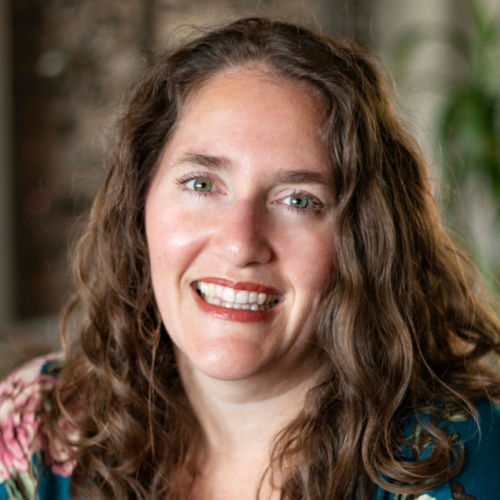
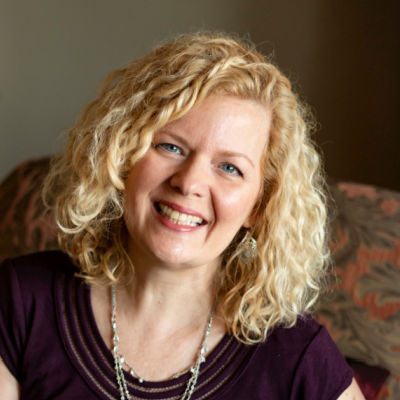
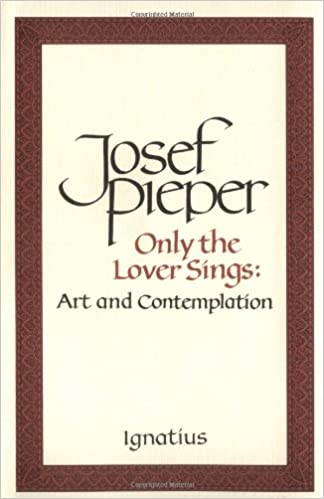

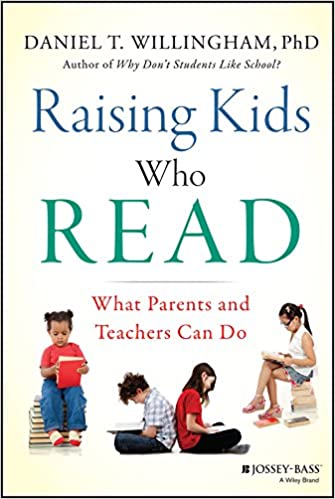
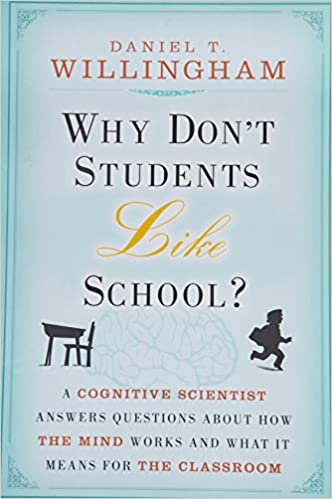
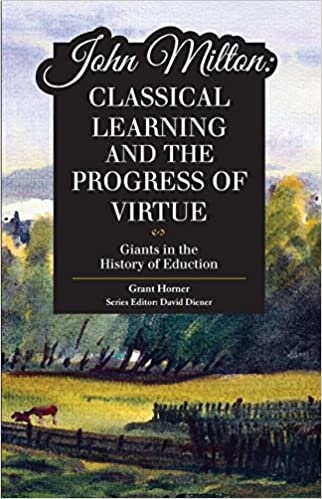
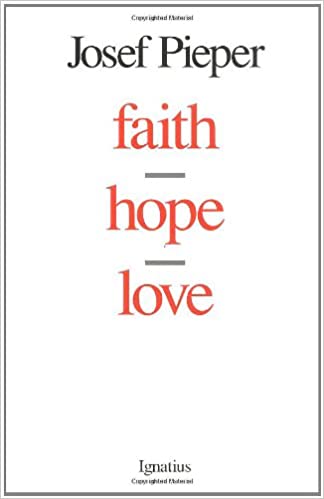
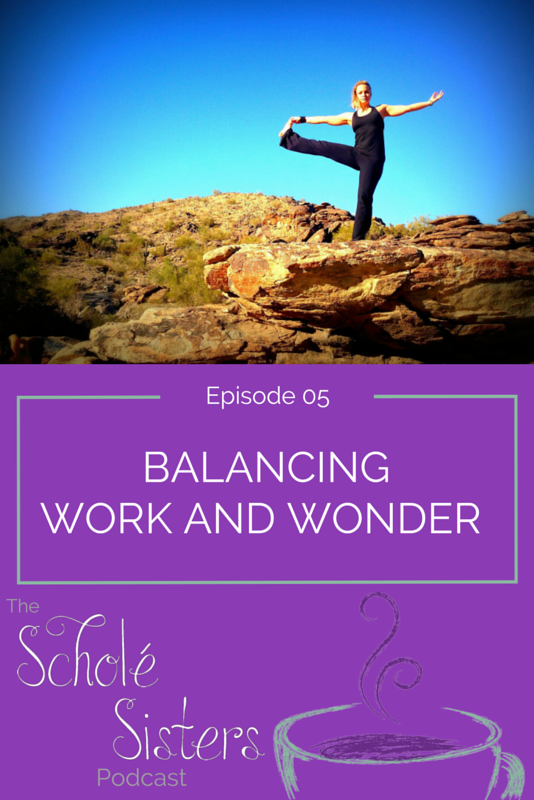
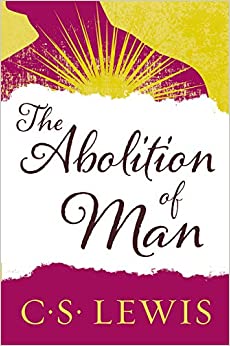
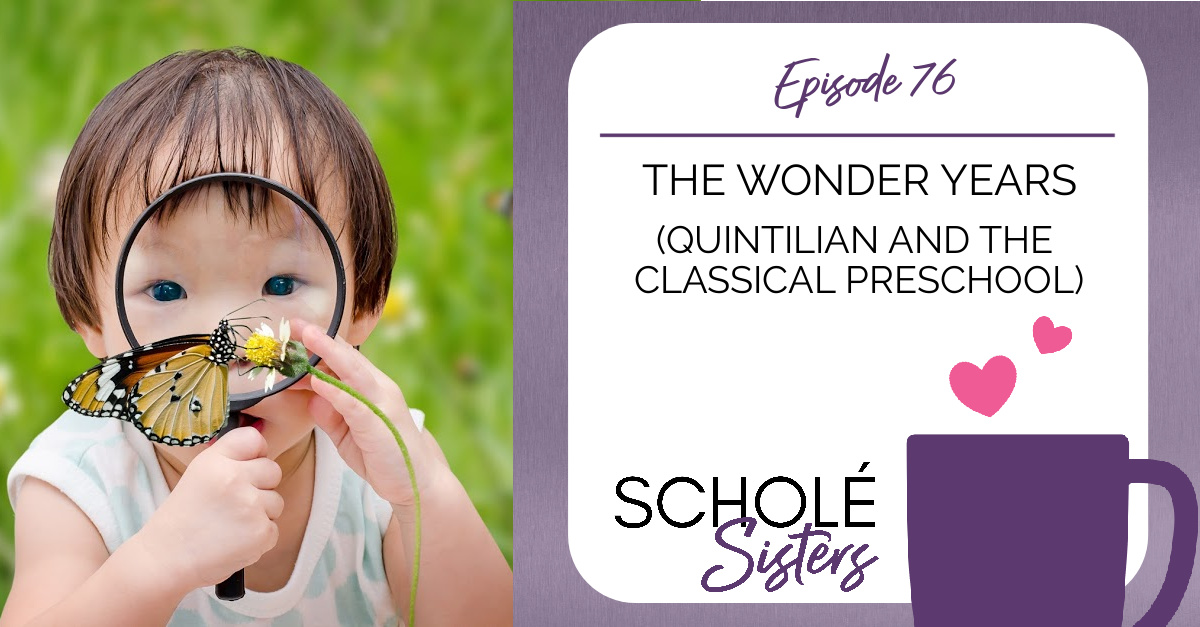
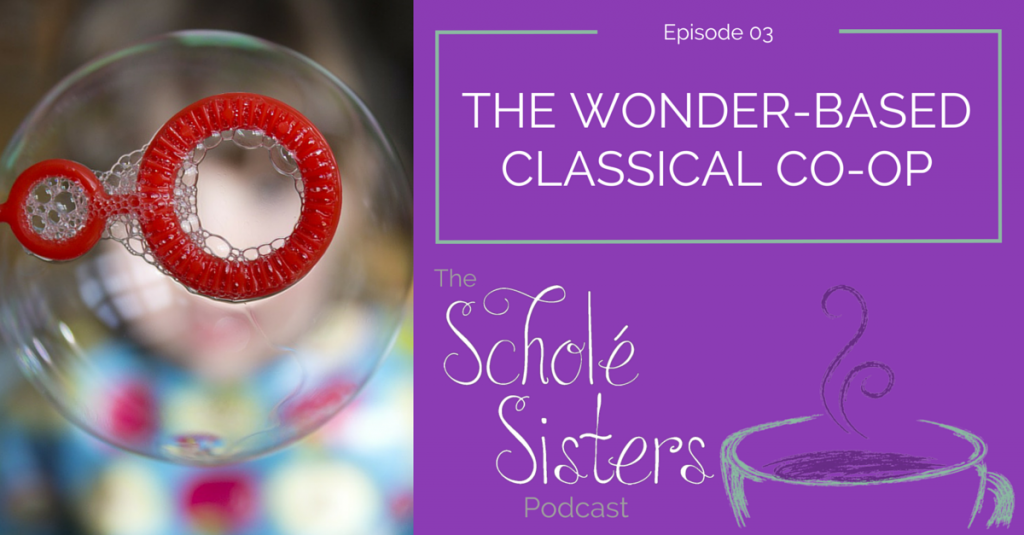

Dr. Jain and Dr. Perrin, PLEASE hurry and get that guide done for the beauty and wonder of a full mathematics program! I’m trying to do that on my own with elementary arithmetic right now, but will soon need it for the higher mathematic arts. That is so needed! 🙂
Amen! 🙂
Hi Pam & Brandy,
The wonder-based math curriculum you’re looking for already exists. There is a trio of books called “Historical Connections in Mathematics” by Wilbert and Luetta Reimer (published by AIMS). The Reimers also authored two living books of stories about great mathematicians called “Mathematicians Are People, Too” (volume 1 and volume 2). I can’t recommend them enough. They’re excellent. If you have questions about them, I own just about all of the AIMS books. There is a series of books called Solve It! There is one Solve It! for each grade level, and each book is organized based on problem-solving strategies, not math concepts. They’re highly engaging. Two other books with wonder-ful activities (and extensions!) are “Problem Solving: Just for the Fun of It!” and “Puzzle Play.” Both of those are geared toward grades 4 through 9. (There are also some books that focus on patterns, but those are in my classroom, and I can’t think of the exact titles.)
Pam, we too were reading about Archimedes in Life of Fred this week. The Reimers’ book “Mathematicians Are People, Too” (volume 1) includes the story of Archimedes in a chapter called “The Man Who Concentrated Too Hard.” I’m really enjoying Life of Fred so far. My daughter thinks it’s hilarious and I love the way it encourages “play.”
Oh my goodness, I can’t tell you how many times I wished I was on this call with you so I could join the conversation! Lol.
On defining “wonder”: I see wonder as more of an attitude than a feeling… An attitude of appreciation as a person encounters aspects of creation, an appreciation for the creator, an interest in learning more about the creation, etc. If wonder is absent, than appreciation is absent, and perhaps we need to begin with understanding of the purpose of the creator. Is that not the beginning of love?
On wonder and work: I think it’s just as important that “work” is defined to address this question. Does work have to hurt to count? Is it merely action or action plus effort? I think work and wonder can affect each other equally. When action and effort are put into understanding a subject, and understanding develops, appreciation and wonder can grow. When you begin with wonder, the work of learning may feel less like striving and more like chasing a desire. Learning should foster love and wonder, and wonder should inspire learning.
On unschooling: The biggest danger I discovered with this approach is the risk of loves being disordered. I don’t think the fear of work was so much a problem — when you believe that everything can be learned naturally because all subjects are connected and wonder can be found in any subject, even math happens. 😉 Instead, the right and responsibility of the parent to direct exposure to truth, beauty and goodness can get muddled, and pop culture can easily become the dominant force. That really depends on the unschooling parent to “strew” (unschooling term equivalent to CM’s “spreading a feast”) a wide and quality variety of cultural knowledge and wisdom, which not all parents are able to do.
On math: I think lack of appreciation for the beauty of numbers and how integral they are to creation reflects modern utilitarian attitudes, the false dichotomy of “math people” vs. “writing people” which comes from forcing early learning and labeling people too soon, the tendency of elementary educators to have no experience with (and therefore no appreciation of) higher math, etc. etc. It is a shame.
Another recommendation for mathematical understanding of music: Math in Motion — http://www.classicalconversationsbooks.com/mainmofistin.html My oldest is using this right now, and has learned SO much! It has inspired further research and learning, and his guitar-playing has improved dramatically.
And, I have to say, it killed me to hear Ravi Jain say he didn’t fully appreciate chemistry! Lol. I realize he’s a physicist. I’m not a philosopher. We can’t be everything. 😉
Loved this topic — keep up the beautiful work, friends!
Can’t tell you how much I loved this comment Amanda! So much goodness! I like your thoughts that wonder is an attitude more than a feeling — that resonates with me a lot. And your question about whether work has to hurt to count is brilliant — and I *really* don’t think that it does. I find a lot of my own work in life to be a joy — and that doesn’t make it not work. Love your thoughts on unschooling — AND your statement about the dichotomy between “math people” and “writing people” — yes! I agree that it’s a false dichotomy. Even Charlotte Mason made that distinction, and I think it was a flaw in her work — I can’t help but come back to the idea that we are created in God’s image and math is from God therefore we all have math capacity somewhere deep down inside. Yes, some of us have more natural talent than others, but still…
Totally checking out Math in Motion!
We need to get together. This comment is killing me with its genius! 🙂 ♥
Mariel, thank you for all of these recommendations! I look forward to checking them out. I think I might add to my summer reading stack, since I’m an unschooler in the summers. 😉
Haha! It was probably just all the Easter chocolate I ate. 😉 I miss you, though, and would love to get together and catch up! Just not sure when that will happen…. bed rest, end of the school year, baby due any week, sister’s wedding in Boston, and we’re moving. ACK!! Life will settle again… maybe just a good messenger or email chat… really want your thoughts on the Scholegroups thing. 🙂
Great podcast! As a mathematician I find very little encouragement is given to classical edcation in mathematics.
Providentially I rediscovered The Great ️Math Mystery tonight, a Nova episode. You can find it on YouTube.
RightStart Math has middle school geometry curriculum that is fantastic at introducing kids to that beauty and wonder in math and highlighting connections between geometry and even algebraic concepts that the child will see later from a geometric perspective. It is meant to be taken before algebra. They introduce the child to things like fractals, tessellations( and tessellation art by Escher), picks Theorem, and much more.
Oh, what a great podcast! So much to think about here. The discussion of work and wonder and unschooling reminded me of something that happened in a charter school community in my area. The parents and the school decided to have an open school day once a week where the parents would do neat activities (make bread w/ kids, open ended art exploration, that sort of thing) and there would be games and various creative exploration things available, but in the spirit of not coercing the kids, everything was optional. Guess what the majority of the kids did for the majority of the time… hung out in the computer lab and played Internet games. And what was also interesting (and disturbing) was the discussion that resulted among parents about whether the computer lab should be closed for some/all of the time. It is so vitally important to help our children to rightly order their affections, but it seems like that is a responsibility that so many parents don’t even consider. If we are not willing to make a judgement about what is true, good and beautiful, then we are absolutely lost.
Doesn’t it seem like the things that are the most wonder inducing, most invigorating, and most stimulating require some effort at the beginning? It seems to me that the only things that don’t require anything from us other than perhaps clicking or sitting passively are the things that leave us feeling empty and overstimulated.
I’m looking forward to checking out some of these links and books the other commenters have mentioned! I’ve been trying to figure out how to improve our math – my boys use MEP too, and I feel like they need both more basic skills practice as well as more math play. I’m trying to figure out what exactly I’m aiming for, and how I’m going to work it into our day.
I am LOVING this podcast, Ladies! 🙂
*sigh* So many
bookspodcasts, so little time!I ran across a book from Usborne at a homeschool convention this past weekend that sounded alot like what was talked about in this wonderful podcast. The book was called ‘This is NOT a Math Book’. I almost bought it but my children are still pretty young. Thank you for the work you are doing! I wouldnt have even looked at the book, Im not a math person, had I not just listened to this podcast.
I love the title of that book, Maria! ♥
We have been using right start math for 3 years now and m y son went from HATING math to loving it! Basically instead of endless amounts of worksheets you play games to practice math concepts and it really teaches a deep understanding of math. My son built his own Paschals triangle this year. I have always loved math and music and to watch my son struggle was heart wrenching. I know it would be hard to drop everything and change over but you could easily get their math cards and games to spice up your math. They also make a really interesting abacus that makes math so easy and visual! My sons only tears over math these days happen when he’s sick! Love the podcast!
Such an enjoyable, rich, and profound conversation about what this work of homeschooling is all about. Thank you for sharing this and all the resources for math, which I’m looking forward to studying for the first time in my life. The discussion about piety helped me understand it more deeply. My family home was named Piety Hill and now I have a better appreciation for it.
Piety Hill? What a beautiful name!
I loved this podcast! I recently stumbled across http://www.livingmath.net/ while researching and considering MEP for our math this year. It appears to integrate math, history and geography in cycles. You can purchase lesson plans, which look to be in the early stages of development but lots of great resources on the website for living math. There are booklists of readers and biographies for free. I have not used it, but thought I would add it here as reference some of you may want to check out.
Thank you! I hadn’t heard of that website but I look forward to checking it out. 🙂
It is so sad how kids miss the wonder of mathematics! I’m a homeschool graduate, and I totally missed the wonder of mathematics growing up. As a senior, I realized how math was a way of describing God’s creation and pointed to Him, and math began coming alive. For more than a decade now, I’ve been researching and writing/speaking on math in order to help others see God’s handiwork there. I’ve written both supplemental materials to help parents add that wonder and worship to their curriculum (like what you were describing–something you could use alongside your program to add the wonder), along with a full curriculum for the junior high ages. Anyway, since you were mentioning wishing something like that existed, I wanted to let you know about it 🙂
We use those plans with our upper school at our co-op!